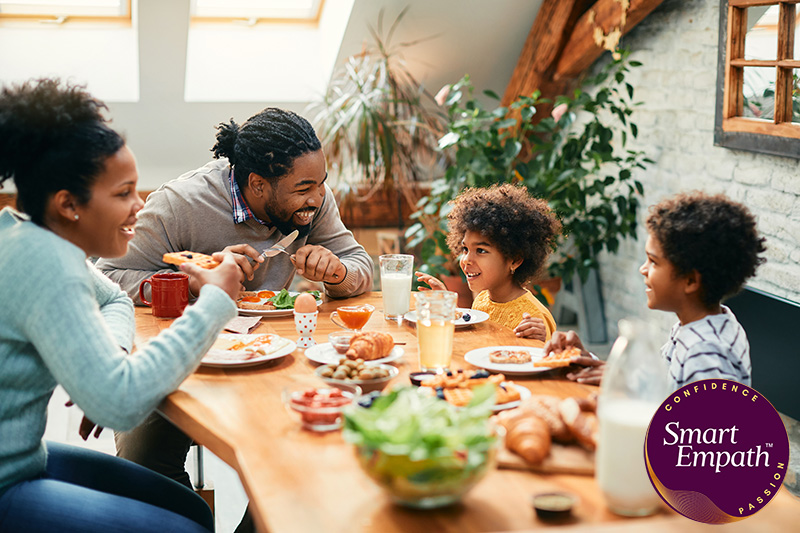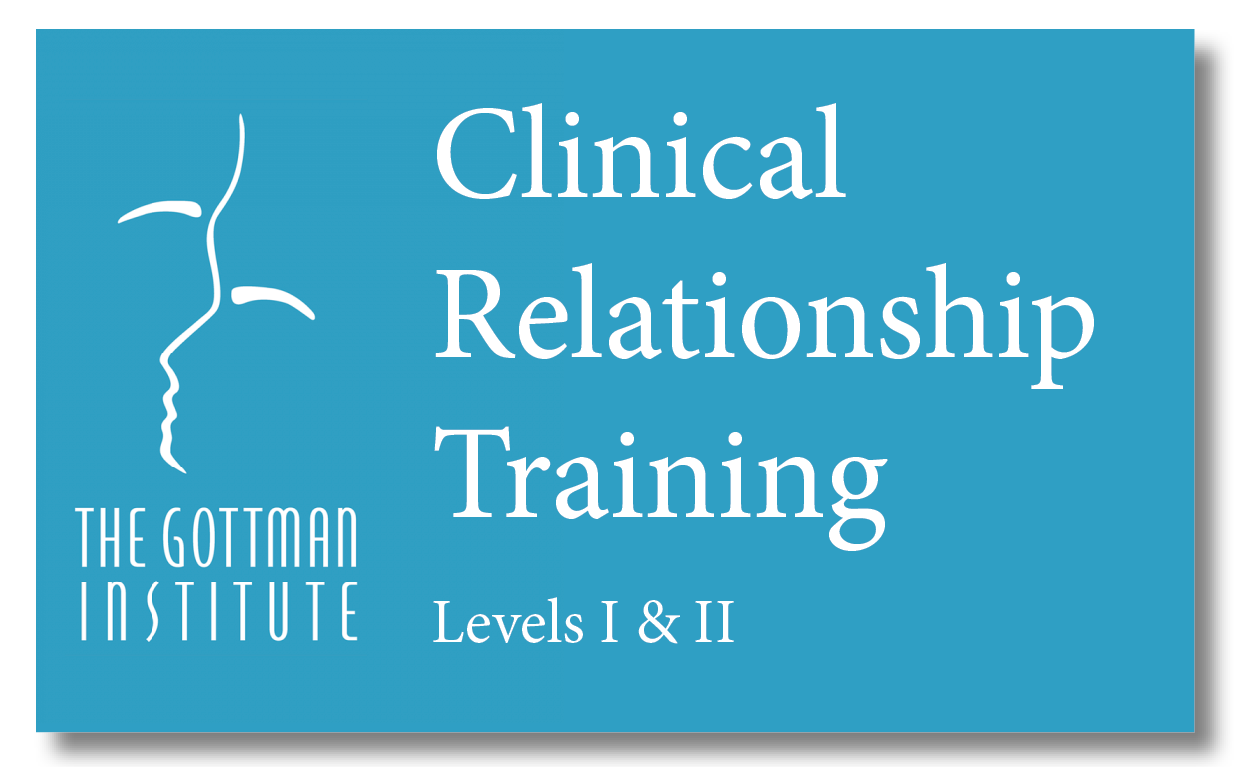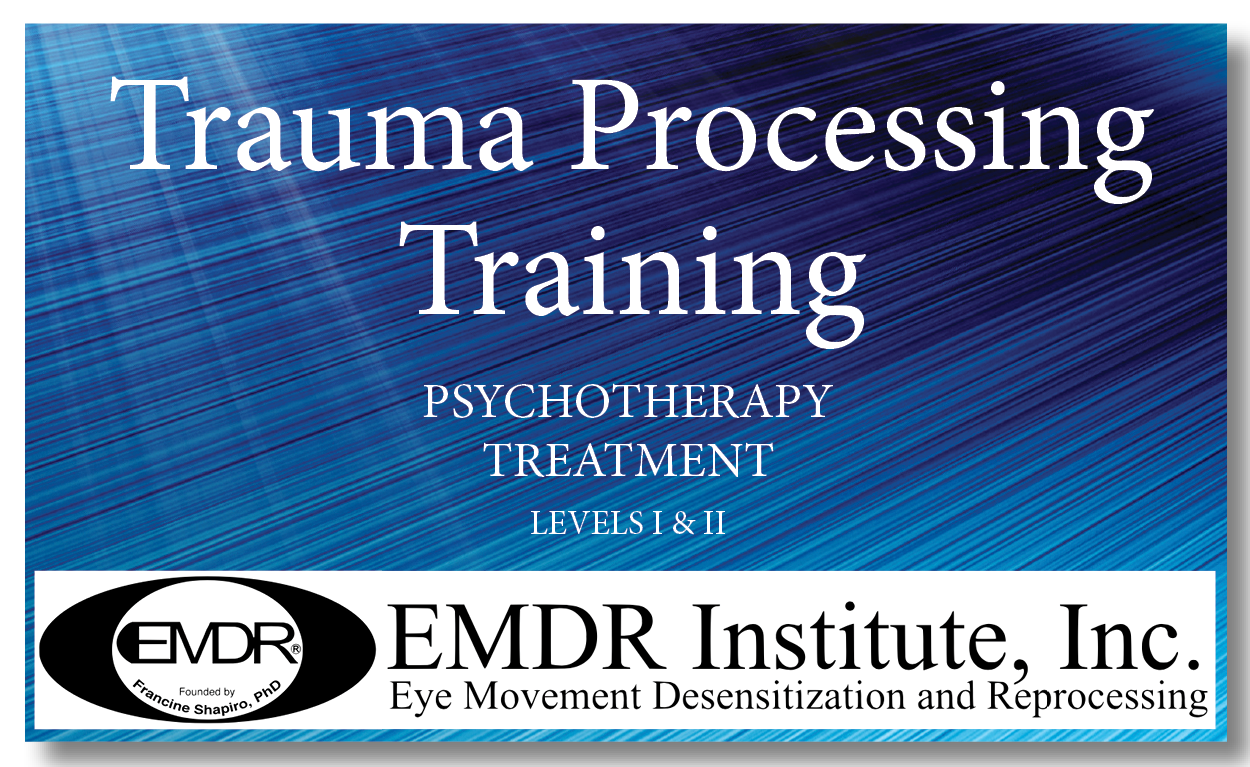“When we rally the family to put away their gadgets and actually talk, magic happens. You’re building the ultimate safe zone where real conversations can happen.”
8 TIPS TO BONDING AT FAMILY MEAL-TIME
When parents hear about teens overdosing on drugs, or taking risks with alcohol or sex, they often panic, wondering what to do keep their own kids safe.
But is it even possible to prepare our kids for the unpredictable world past the front door? Yes, say experts, and it has to do with food and fun.
“Eating and talking gives parents and children to connect, share stories and learn about each other”.
– Dr. Michael Haggstrom
Prevents addictions
Many parents may be surprised—and relieved—to know that one of the best way to keep kids from losing their way with alcohol or other drugs is to hang out and chat with them at the dinner table.
“Preteens and teens need to have meaningful relationships with adults, and opportunities to talk about what’s going on in their lives,” says Calgary Marriage Counsellor & Family Therapist Dr. Michael Haggstrom. “The easiest thing a family can do is have regular meals together. And that includes turning off the TV, shutting down the computer, and putting our phones away before sitting down to eat and talk.”


Sharing our stories
How exactly are dinner, dialogue and drugs related? Eating and talking gives parents and children to connect, share stories and learn about each other—what they value, believe in, look forward to. And studies show children who feel connected are more resilient in the face of challenges and less likely to engage in risky behaviours including substance use.
With fewer than 50% of Canadian teens talking regularly to their parents, many people in the mental health field are urging a return of the evening meal as the cornerstone of the family.

Mastery of social media
In a world that’s all about social media and gaming, it’s time to dial things back and carve out some legitimate face-to-face moments. Family mealtime is our secret weapon to break free from those screens – no more endless scrolling or tech distractions. When we rally the family to put away their gadgets and actually talk, magic happens.
You’re building the ultimate safe zone where real conversations can happen, and everyone gets to flex their social skills. It’s not just chow time; it’s bonding time, setting us up with some solid communication skills for life’s wild ride.
Frequency of meal-times
Dr. Haggstrom, who has been counselling families for over 30 years, recommends parents make a habit of sitting down for family meals at least three to five times a week. But that doesn’t necessarily mean making big elaborate meals or having long conversations. Even spending 20 minutes swapping stories about your day can help a child feel part of the family team.
Without some kind of ritual aimed at connecting, says Haggstrom, kids can get the idea that mom and dad are too busy for them.
“They may wonder if their parents even care about them, where they start believing they have to figure out life out on their own. If they feel their parents aren’t interested in them, they’ll find other influences that aren’t always the best ones for them.”
Haggstrom says parents are often dumbfounded when they learn their kids feel they aren’t that important to them. Many parents feel they’re showing they care by signing their kids up for tons of fun activities.

Never too busy
It’s better to have fewer activities and more sit-down meals together,” says Haggstrom. “Eating together isn’t a waste of time. It’s imparting a really important value to your kids. You’re saying, ‘we’re here for you, we’re a team.’”
For families who struggle to get everyone together for even one meal a week, there is still hope.
“You could shoot hoops together every now and then, or make it a habit to connect in the car on the way to or from school.”
And if you’re just not the talkative type, that’s okay too, says Haggstrom, as long as your child is aware that you’re there to listen to them when they need to talk.
8 TIPS TO BOND AT DINNER-TIME
- 1
Aim for open, non-judgemental dialogue where everyone feels welcome to participate.
- 2
Talk about life: your dreams, desires, things that mean something to you—not just the business of life, such as homework and stuff that needs to get done around the house.
- 3
Plan ahead. Think about fun things to talk about, such as vacation plans or an upcoming holiday.
- 4
Avoid lecturing. Most kids shut down when it’s a one-way conversation.
- 5
Allow the silences: Don’t feel like you have to fill every silence with a question or comment. Silence can be the time when something important comes up.
- 6
Avoid arguments. Establish the dinner table as a fight-free zone.
- 7
Don’t be afraid of taboo subjects, such as sex and substance use. It’s not always comfortable, but just making an effort to be open sends the message that nothing is off-limits and that you’re there for them no matter what.
- 8
Invite your child to help you prepare or clean up after a meal, and use the time to talk about things that might be bothering them. Sometimes it’s easier to talk about uncomfortable things when you’re not sitting across from a person or looking directly at them.
KNOW THIS:
What’s important is to not develop a black and white mindset. You’re going to do this imperfectly and that’s okay.
Some weeks will better than others. But get right back onto it as soon as you can, because family meal-time is one of the best ways to stay connected to your children.
With all the potential negative influences in our children’s lives, mealtime is one of our best weapons to equip them for a success.
– by Nicole Bodner with Dr. Michael Haggstrom, published in the Calgary Herald – July 26, 2012, and updated August 29, 2023
Share This Story ➡️
Share your thoughts:

















